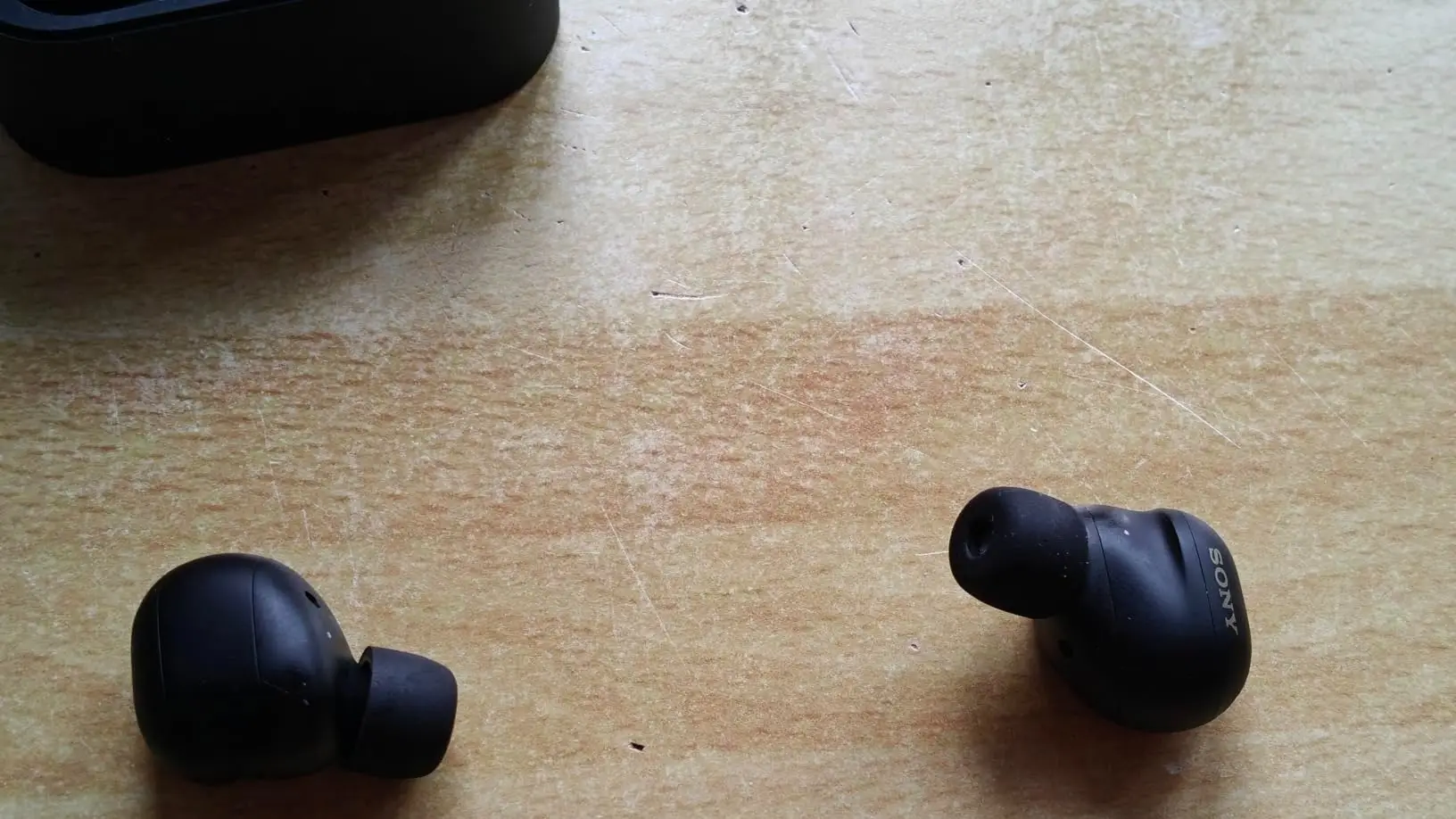

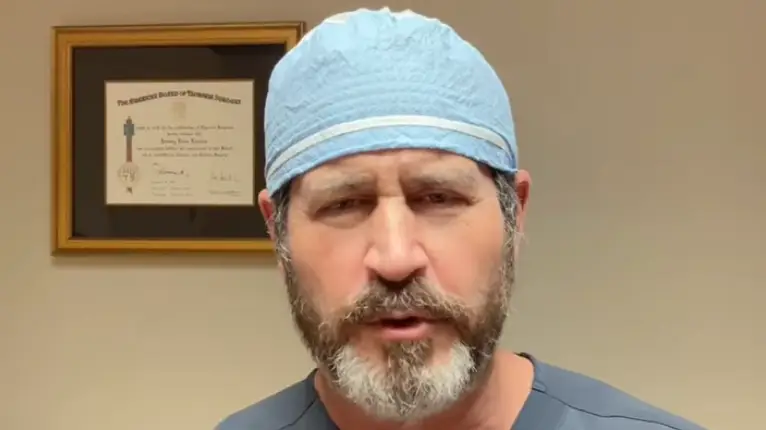
This habit could undo all of the hard work from the rest of your health journey

The common eye-related phenomenon has been explained

He's bet against the bubble and stands by it
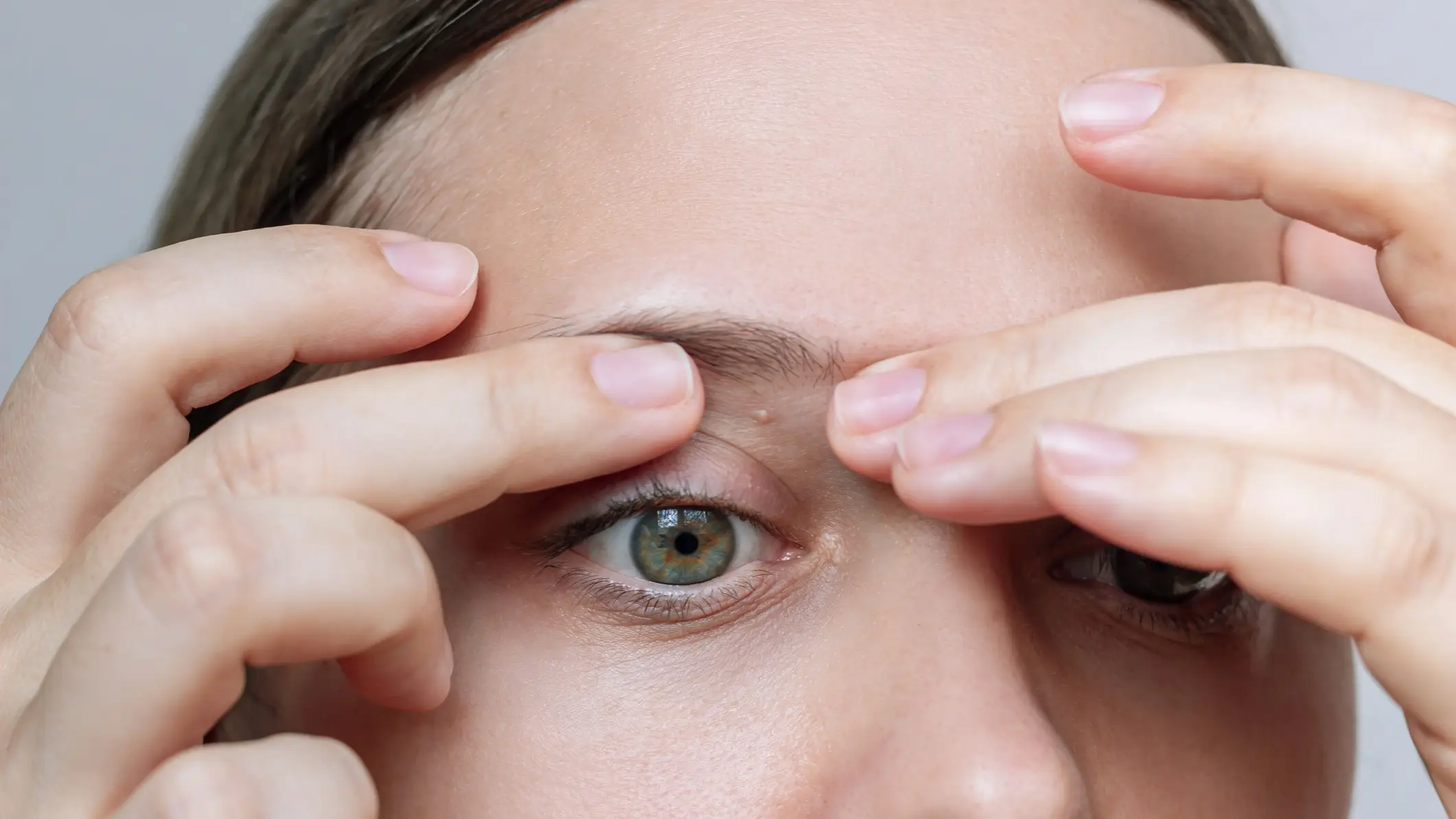
You could end up doing yourself some damage
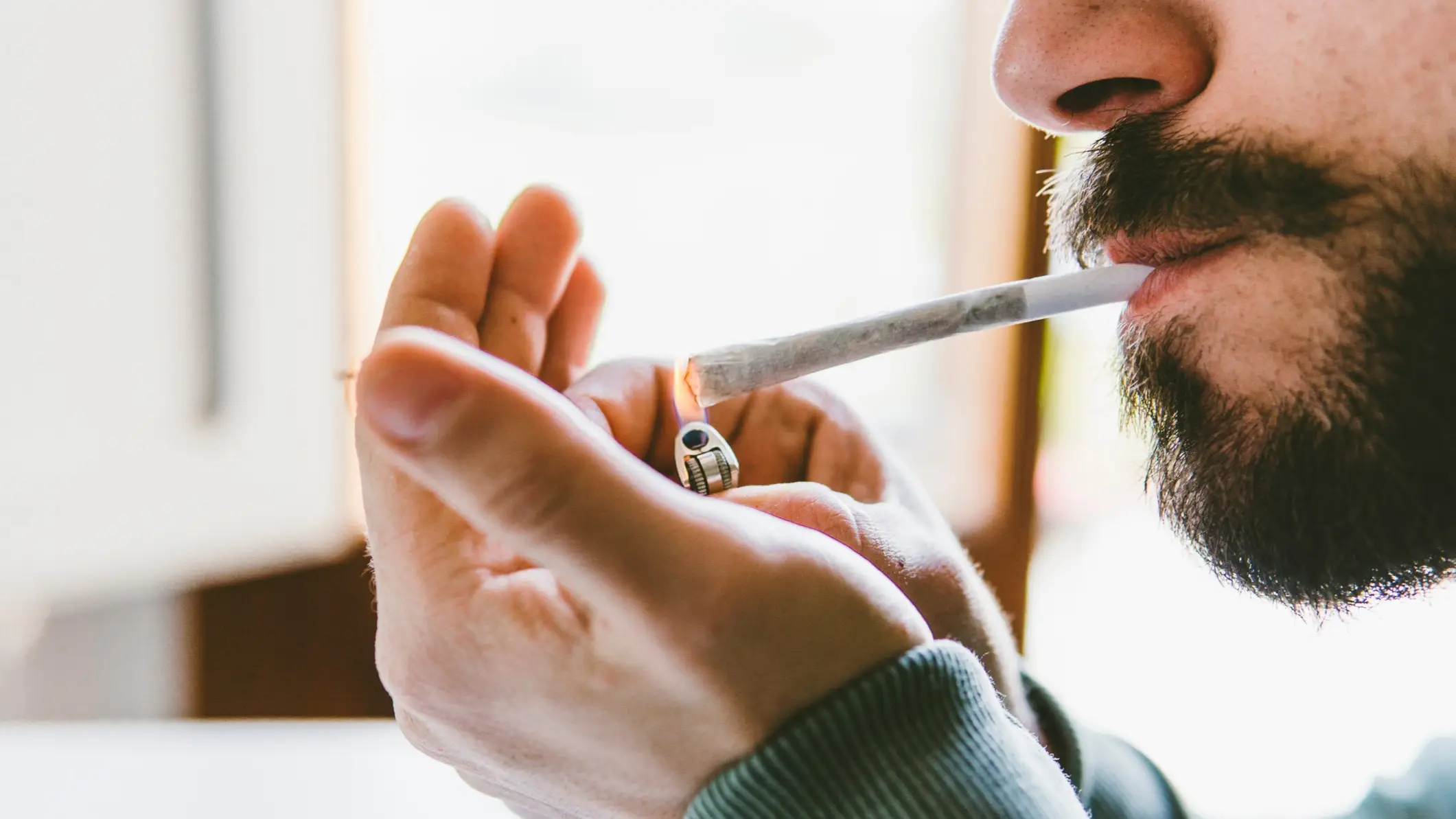
He noticed a boost both physically and mentally
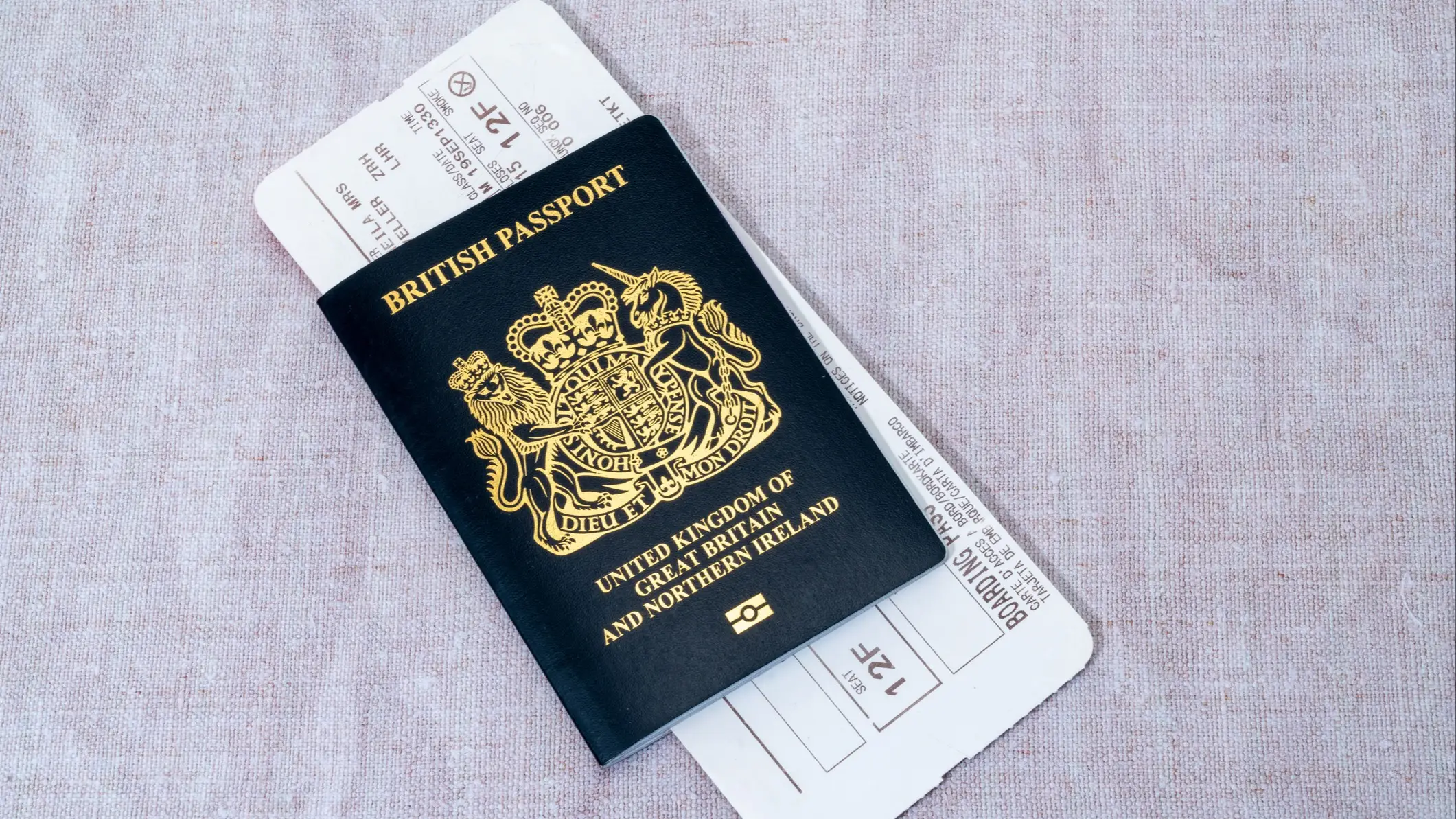
The UK government has warned Brits in the region to 'immediately shelter in place'

The former US president said he'd done 'nothing wrong'

No wonder it's so popular as a hangover food
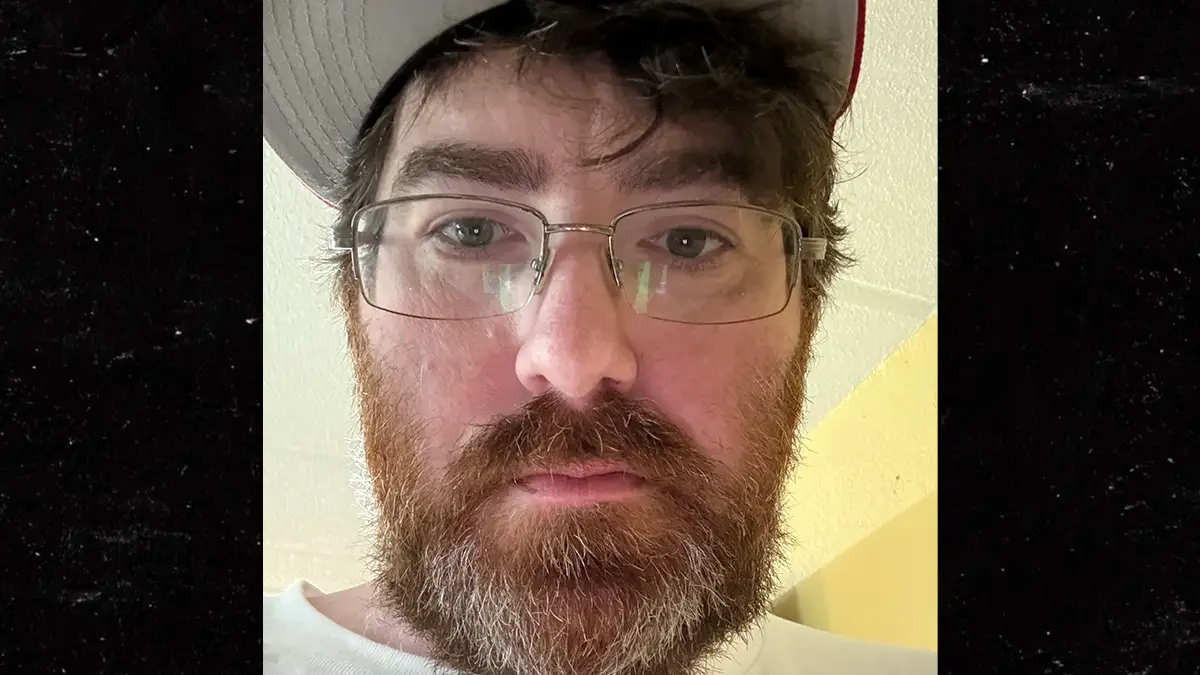
Michael Phillips believes he has the smallest todger out there

These cosmic events don't come around often

Trump confirmed that Iran's missile industry would be 'obliterated'

He was allegedly struck with a spiked metal pole

He said the US and Israel would 'raze their missile industry to the ground'

Merseyside police has since launched an investigation into the incident
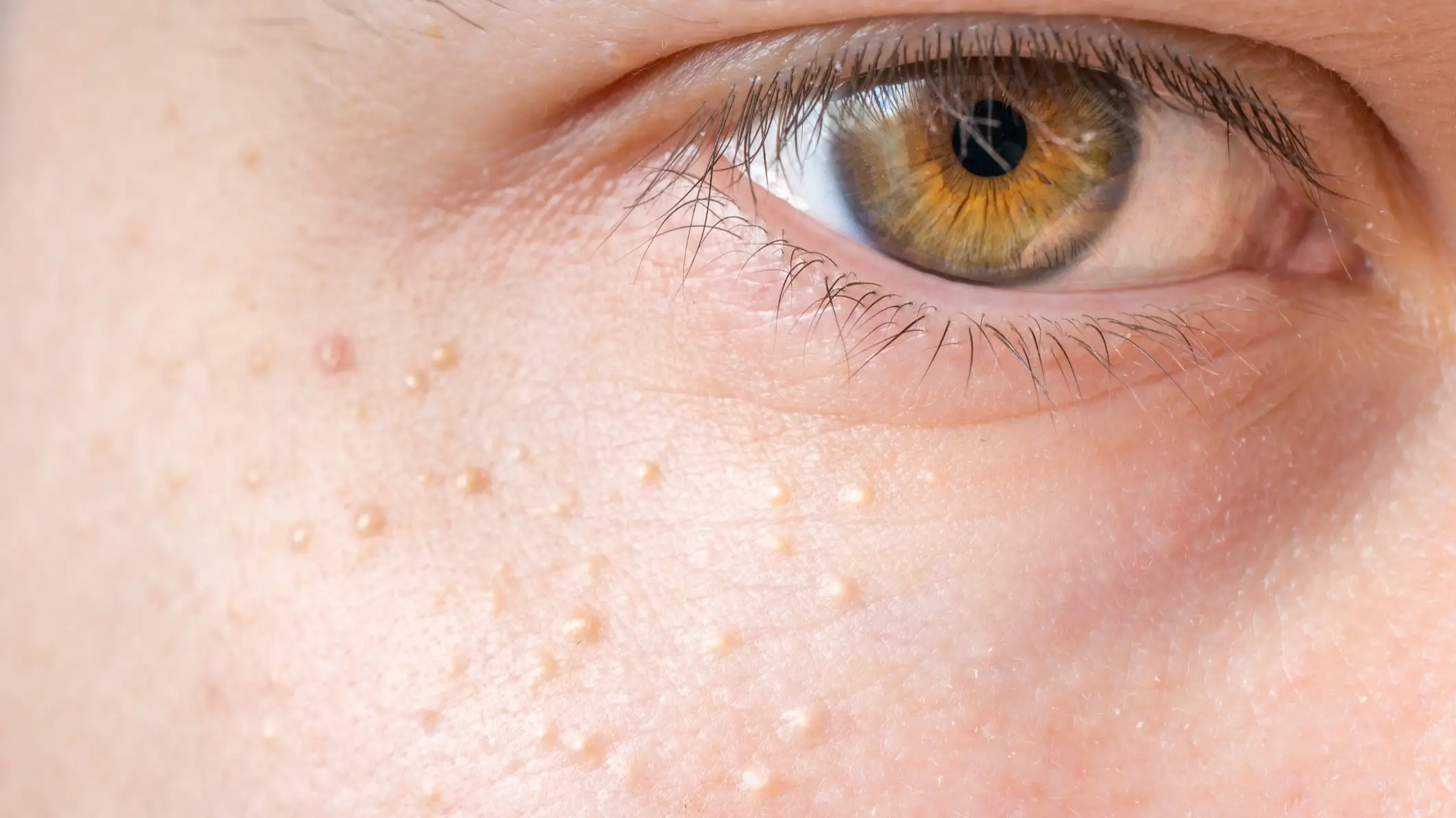
If you're reading this you've probably had a breakout

The former US leader is testifying over his relationship with the disgraced financier
breaking
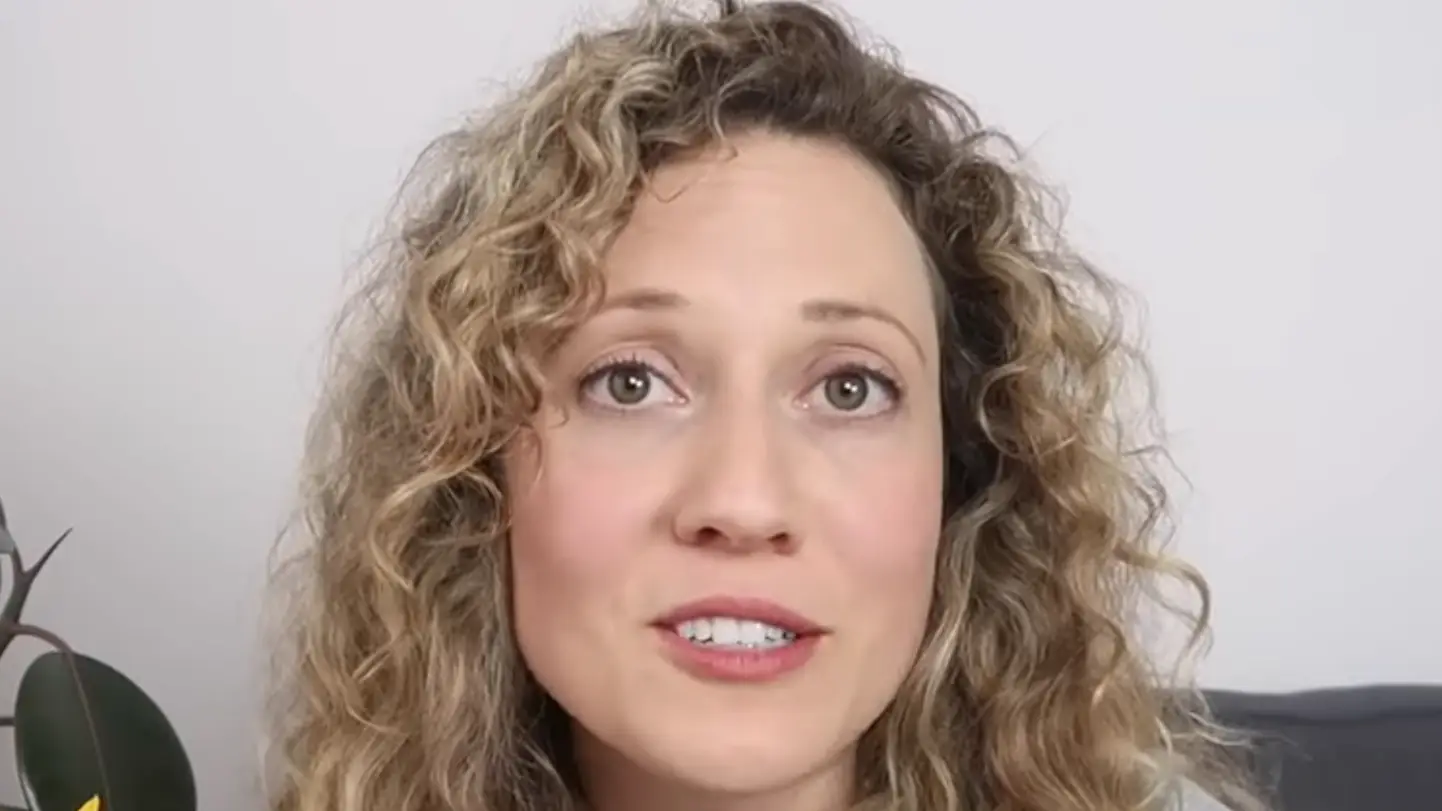
Some people think that taking collagen supplements gives a similar effect to plumbing into the fountain of youth

The Premier League is finally getting a streaming service... in Singapore
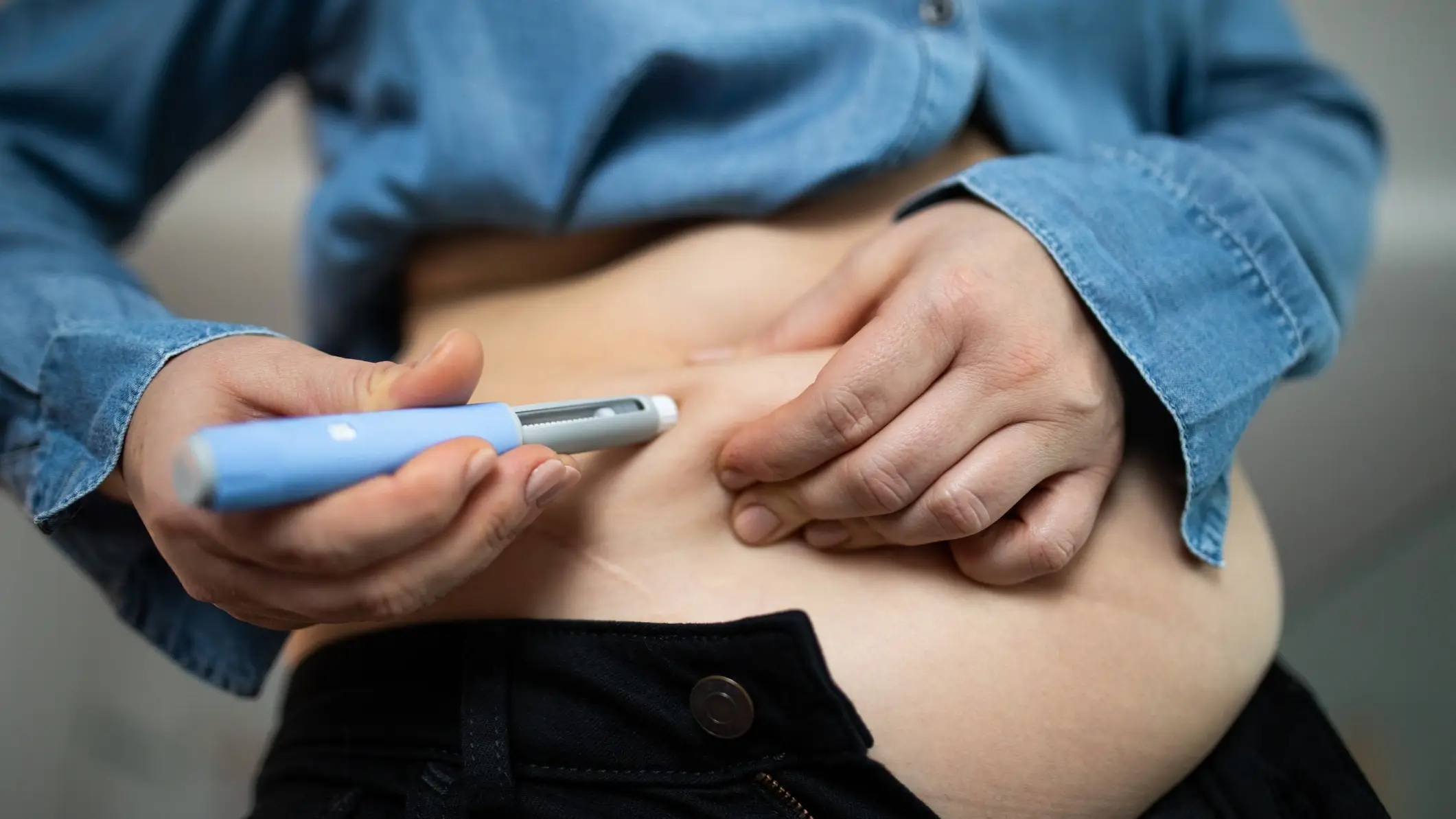
The healthcare professional warned against expecting quick-fix results
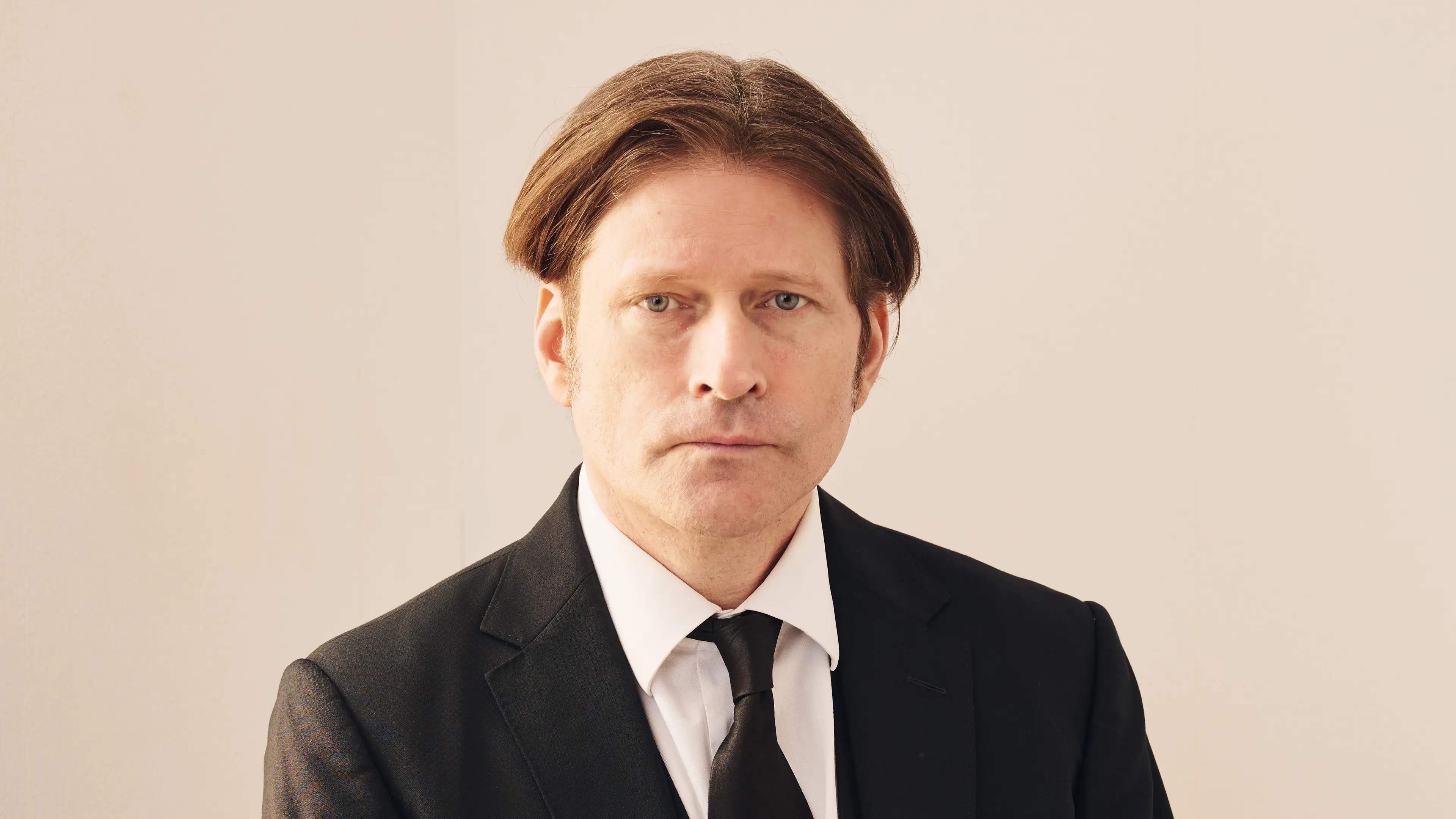
Crispin Glover's lawyer has denied the lawsuit's 'baseless allegations'

Convicted murderer Ian Huntley was attacked by another inmate

There could be just hours left to meet the criteria





